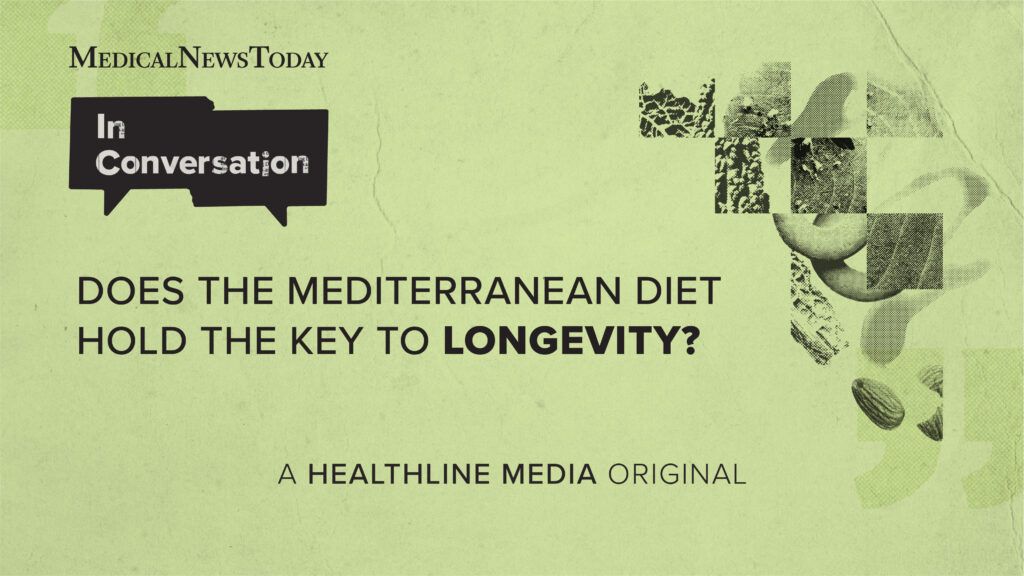Physician-led Online Nutrition Program Improves Health Outcomes for Type 2 Diabetes Patients

A recent study conducted by the Physicians Committee for Responsible Medicine demonstrates that a physician-led, online, plant-based nutrition intervention is both practical and cost-effective in managing type 2 diabetes and enhancing patient health. Published in the American Journal of Lifestyle Medicine, the study found significant reductions in patients' medication needs, body weight, blood sugar levels, and cholesterol.
The program involved 76 adults with type 2 diabetes participating in a structured, accessible online education course, which included 12 weekly classes led by physicians and dietitians. The classes covered nutritional education, plant-based eating principles, grocery shopping tips, cooking advice, and peer support. Participants were encouraged to consume a low-fat, plant-based diet rich in whole grains, vegetables, legumes, and fruits, while avoiding animal products and minimizing high-fat plant foods.
The cost of the program was $399 per participant, covering all classes, laboratory tests for hemoglobin A1C and lipid profiles, a digital body weight scale, and educational materials. Most participants completed the program, leading to an average weight loss of approximately 8 pounds and a reduction in A1C levels by 0.6%. Additionally, those not on lipid-lowering medications saw decreases in total and LDL cholesterol levels. Notably, 22% of participants reduced their diabetes medication dosages.
Dr. Vanita Rahman, the lead author and a lifestyle medicine specialist, emphasized that despite extensive research supporting plant-based diets for diabetes management, clinical implementation has been limited due to factors like inadequate nutrition training for clinicians, short visits, and insurance barriers. The online program overcomes these barriers, enabling healthcare providers to incorporate dietary counseling into routine care.
With global diabetes rates projected to surpass 1 billion by 2050, innovative approaches like online nutritional interventions are critical for broad patient outreach and effective management. Dr. Rahman highlights that such programs can empower many patients to improve their health and potentially curb the diabetes epidemic.
Source: [https://medicalxpress.com/news/2025-05-physician-online-nutrition-intervention-successful.html]
Stay Updated with Mia's Feed
Get the latest health & wellness insights delivered straight to your inbox.
Related Articles
U.S. Government Pushes for Nutrition Education Integration in Medical Training
The U.S. Department of Health and Human Services and Department of Education are urging medical schools to fully integrate nutrition education into their curricula to better prepare future physicians for preventive healthcare.
Does the Mediterranean Diet Promote Longevity? Evidence and Insights
Discover how the Mediterranean diet may help promote a longer, healthier life through improved heart, brain, and overall health. Learn about recent research and expert tips to incorporate this nutritious eating pattern into your lifestyle.
Seattle’s Food Program Boosts Fruit and Vegetable Consumption and Food Security
Seattle’s Fresh Bucks program significantly increases fruit and vegetable consumption and food security among low-income households, demonstrating the power of targeted financial aid for healthier diets.
Understanding the Controversy Surrounding L-Carnitine as a Sports Supplement
Learn about the benefits and risks of L-carnitine as a sports supplement, including its impact on gut health and cardiovascular disease, and how dietary choices can mitigate potential harms.



